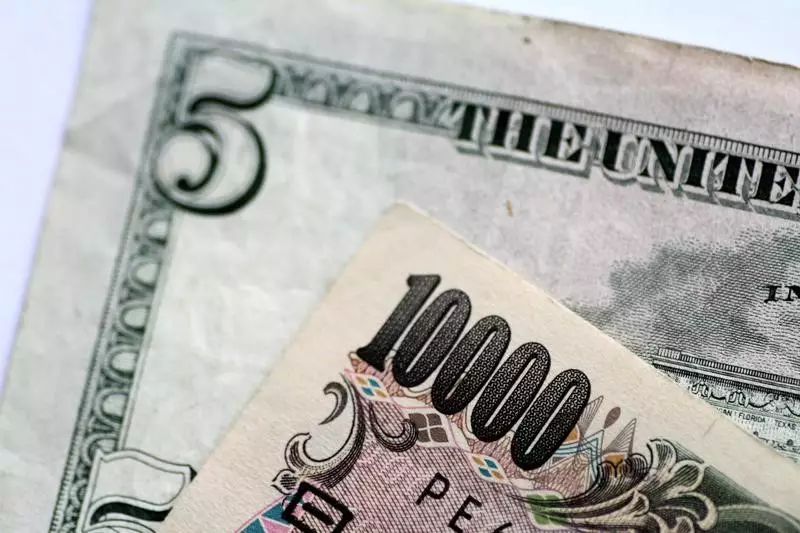Recent financial maneuvers in Japan have unveiled a notable shift in the value of the Japanese yen, particularly against the US dollar. On a Friday marked by significant economic data releases, the yen achieved its most favorable valuation in over a month. Following the announcement of unexpectedly high inflation figures from Tokyo, the currency gained traction, manifesting as a direct response to the market’s evaluation of future monetary policy transformations. The USD/JPY exchange rate plummeted by approximately 1%, dipping to 150.01 yen, which sits at its lowest point in late October.
Central to this currency fluctuation was the latest consumer price index data, which indicated higher-than-expected inflation for November. This data serves as a critical precursor to national inflation trends and has forged an environment in which traders are anticipating further action from the Bank of Japan (BOJ) regarding interest rates. Heightened inflation figures typically signal economic growth, compelling the central bank to adopt a more hawkish stance.
Market observers are aligning their expectations towards a potential 25 basis point increase in rates as soon as December. Recent remarks from BOJ Governor Kazuo Ueda have bolstered these expectations, as he confirmed the central bank’s commitment to recalibrating interest rates in light of ongoing economic recovery and rising wage levels.
Analysts at ING have opined that the growing inflation rate, coupled with a robust uptick in economic activity, has increased the likelihood of a forthcoming BOJ rate hike. This potential adjustment marks a significant departure for the BOJ, which has traditionally maintained negative interest rates for nearly a decade. The anticipated December hike could represent the third increase in rates within 2024 alone, illustrating a decisive shift in Japan’s monetary policy landscape.
UBS analysts further project an continued upward trajectory in Japanese wages, a factor imperative for maintaining consumer spending and inflation outcomes. Such wage growth is essential for the BOJ’s strategy, as it undergirds the notion of a “virtuous cycle,” propelling inflation while elevating standards of living.
Amid the shifting economic conditions, Japan’s equity markets displayed signs of vulnerability, as investors recalibrate their outlook for businesses facing higher borrowing costs. On this particular Friday, the Nikkei 225 index witnessed a decrease of 0.7%, while the broader TOPIX index fell by 0.6%. This retreat in stock prices can be viewed as a direct byproduct of the market’s recalibrated perspectives on interest rate trajectories, with investors opting for caution in light of anticipated economic tightening.
Japan’s recent inflationary trends and the potential for further monetary policy adjustments by the BOJ are reshaping market sentiments and currency dynamics. The yen’s revival is indicative of the broader economic shifts at play, and as the situation unfolds, both domestic and international investors will closely monitor these developments, preparing for their impacts on the financial landscape.

